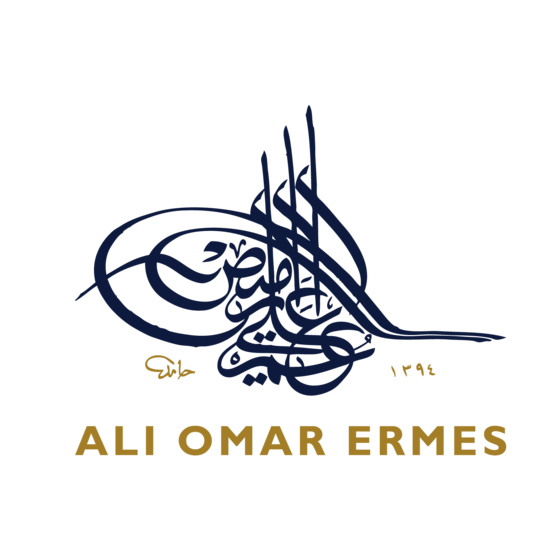A Matter of Appreciation
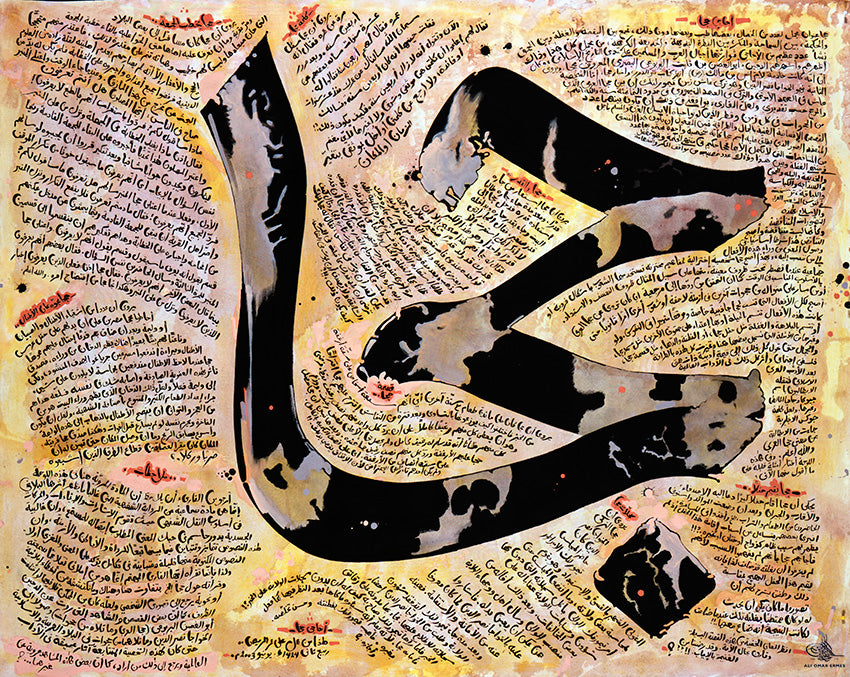
Ali Omar Ermes, Monday 1 May 2000
Discussion about what constitutes both Islamic arts is crucial for a multi-cultural society says Ali Omar Ermes
This month’s article is more of a bullet point piece than an analytic one, for the simple reason of space. I suspect that as on other important subjects, we need to have a few more articles in the future’s issues, to scratch the subject surface, but we can look at this as a start.
Art in Islam is an ongoing process of creativity based on theoretical knowledge and practical know-how in all areas of human endeavour and walks of life.
Islam is ever engaging people: to learn by practice, to discover, and to initiate new ways in a perimeter of appreciation that all that we have of all powers are due to Allah’s Grace. So long as we humans do not abuse these powers to harm others and destroy nature, we are free to push the boundaries of our creativity.
I do question (both in spiritual and materialistic terms) the value of most of the work of replication to what is already there made by the All Mighty. Because if the harm which we bring by this practice is just to waste millions on millions of hours of generation upon generation of humanity trying to replicate what is already there, instead of improving on what we, as humans can create; that by itself is a great shame and a waste of human’s most precious possession: time.
Art in Islam is a responsibility and a very heavy one. This is because the impact on society could be great on the positive or the negative sides; and unlike some artists (in the present times) who claim to be un-responsible to anybody, and can do whatever they like irrespective to what and how they affect society and young people in particular.
Muslim Art is being used today and for a long time as a treasure house and as a gold mine without the slightest respect or full acknowledgment of its sources and to whom it belongs to in most cases? While these gold rushes are being pursued, Muslims ask how long are these going to go on for? We need a proper way for Muslims to share it with others and a proper way for others to borrow it from Muslims starting from the school's curriculums upwards to the peak of the education’s ladder and from the drawing board to the final product on the shelves. With all that this could intake of time, money and goodwill.
I have put forward these five points to Mutualities Britain and Islam April 1999. This conference attracted a large number of people from various interests in the relation between Britain and Islam, representatives from about 35 countries from Europe, the Middle East, Asia and beyond with several financial, artistic, cultural and educational bodies organised by Dr. Peter Clark on behalf of the British Council.
As I was one of the speakers who had been allocated a very small space in the programme and without meaning to lecture anybody and as far as my understanding allows, I have put these points in hope to stimulate some kind of understanding in the areas of arts in relation to Islam and Muslims where a large number of people, some of them are also Muslims, have a wrong or not a clear concept about art in Islam, its role, its ethics, etc.
Of course, these five points are not the only areas of interest and in the practical implication such as Islamic arts and Muslim arts, what are the differences? What are the borders between art and crafts? If there are any Islamically speaking, etc, etc. Some of the answers to this are known for a long time, some are in constant change and progression.
One of the most important roles of Islamic thinking on art is that beauty is an appreciation of the Divine, Allah’s Grace, and Mercy, and art is as a statement of that appreciation. On the other hand, art is a demonstration of that Grace.
Art should take a lead in social issues of the society but should not demoralise the society and help to destroy its moral structure etc, and here the difference is apparently great between Islamic and non-Islamic art.
Inputting these points forward to the conference, my aim was to introduce Islamic art, as I understand it to people who are not familiar with it, Muslims and non-Muslims alike. On the other hand to engage people from all sides in process of understanding of the notion’s of Islamic thinking on art and its roles, in order to find the right attitude towards taking advantage of Islamic and Muslim arts without abusing them and also about acknowledgment of this great contribution to human civilisation, which has been in short supply for sometime now.
As I already have mentioned, we need to come back Inshallah to this subject in the future, and Allah is the source of all knowledge.
………………………………………………………………………………………………
This article was published in Q News No.319
Leave a comment
Also in VALUE ADDED THOUGHT
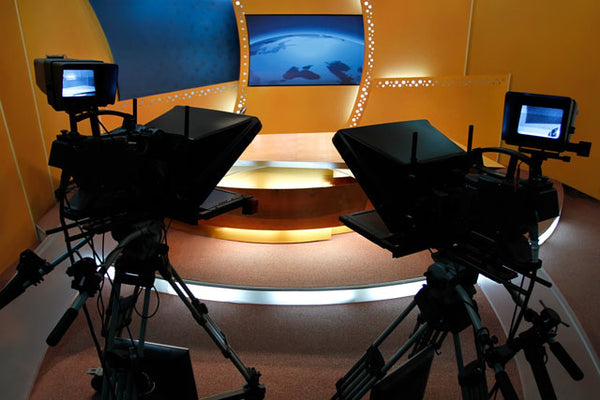
The Arab Media in Britain
Arab Media
Ladies and Gentlemen, before I begin, I would like to remind you that this is a multi-dimensional subject, filled with contradictory issues, concerning approx 300 million people, 22 nations and an anciently, enduring but remarkably modern language. Although in this short space of time, I will only give a general feel of the matter. During the late part of the 1970s, there were a few Arab media outlets such as Al Arab and Asharq al Awsat newspapers and Al-Majaleh magazine that started to appear but it is generally agreed upon that 1980s was the decade that witnessed the birth of the British Arab media.
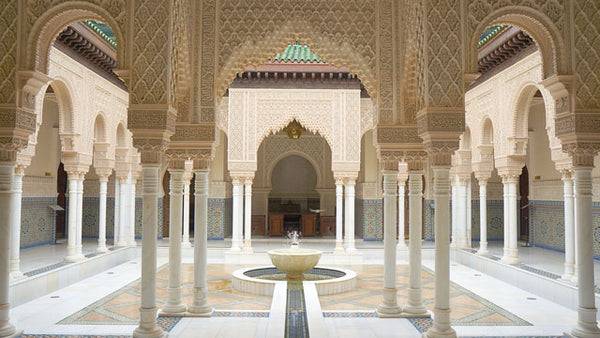
A Glimpse of Islamic Heritage
The slide show consisted of around 150 photographs, taken over the last 30 years by Ali Omar Ermes himself, each one showing an example of the vast heritage and history of Islam.
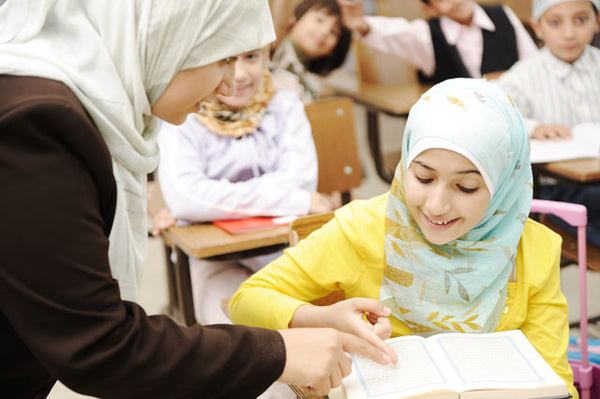
The Importance of Faith-based Education for the Muslim Community
Ladies and gentlemen, this is a big subject with a huge debate entailed. However, for your overwhelming good fortune and my relief, I can gladly tell you that this is not a full engagement for the subject, which can take a long time and can be very academic.
